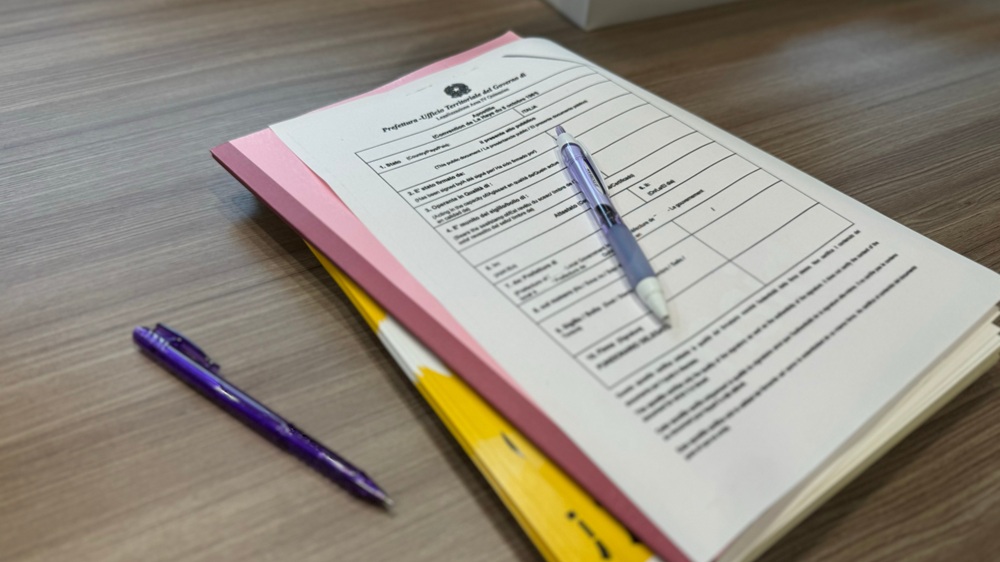When engaging in academic collaborations internationally, research publications often need to be authenticated to ensure they are legally recognized and trusted by institutions abroad. If your research publications need to be apostilled for international academic collaborations, here are the top 10 tips for researching and obtaining an apostille:
- Understand the Need for Apostille in Academic Contexts
- Research whether your research publications require apostilles for international collaboration or funding applications. Some universities, academic journals, or institutions may request an apostilled version of your research to verify authenticity, especially for academic positions or grants in foreign countries.
- Confirm Apostille Requirements of the Destination Country
- Different countries have varying requirements for document legalization. Check the specific apostille requirements of the country where you are collaborating or submitting your research. If the country is a Hague Apostille Convention signatory, an apostille will generally be sufficient; however, some countries may have additional requirements, like consular legalization.
- Verify Which Documents Need Apostille
- Determine whether the entire research publication or just the certificates of authorship or official endorsements need an apostille. You may only need to authenticate the publication certificate or a letter from your institution confirming your role in the research. Clarify with your collaborators or academic institutions which documents specifically require apostille.
- Ensure the Research Publication is Officially Recognized
- For an apostille to be valid, your research publication needs to be issued by a recognized academic journal, institution, or publisher. Ensure your research paper is officially published and that the issuing body can confirm its authenticity, as some countries or institutions may not accept unofficial or self-published papers.
- Check for Institutional or Publisher Authentication Requirements
- Some institutions or publishers require additional verification steps before your research can be apostilled. Confirm with the publisher or academic institution whether you need to take any preliminary steps, such as notarizing a publication certificate or providing proof of academic affiliation.
- Research the Apostille Process for the Country
- In countries that follow the Hague Apostille Convention, the apostille is typically processed through the Secretary of State or a similar government office. Research the apostille procedure in your home country or the country where the publication is issued to understand the specific steps, required forms, fees, and processing times.
- Check if Translation is Needed
- If the destination country does not use your publication’s language, a certified translation may be required in addition to the apostille. Many countries expect both the original and the translated version of the document to be apostilled. Ensure the translation is done by a certified translator to meet the destination country’s requirements.
- Confirm Whether Notarization Is Required
- In some cases, your research publication may need to be notarized before it can be apostilled. Check with the publisher or academic institution if notarization is necessary for your research publication. Some countries require notarized copies to validate the authenticity of the document.
- Account for Processing Times
- Apostille processing times can vary depending on your home country and where the publication is issued. Start the process early to avoid delays, especially if the apostille is needed for a time-sensitive academic collaboration or grant application. Some countries may take several weeks to apostille documents.
- Consult with Academic Institutions or Legal Experts
- If you’re unsure about how to navigate the apostille process, consult with your academic institution or a legal expert specializing in international document legalization. They can help ensure you have the correct paperwork and understand the specific steps for obtaining an apostille, especially for specialized research documents.
Bonus Tip:
- Check Specific Requirements for Research Grants or Funding: Many international research grants or funding applications may require notarized or apostilled research publications as proof of academic credibility. Review the grant guidelines to ensure that you meet all document requirements for the grant application process.
By following these tips, you can ensure that your research publications are properly apostilled, making them legally recognized and valid for your academic collaborations, international partnerships, or any other international academic opportunities.
Top 10 Tips for An FBI Background Check Apostille for Academic or Educational Opportunities.
When seeking academic or educational opportunities abroad, an FBI background check apostille is often required to authenticate your criminal history for immigration, work-study, or program participation. Here are the top 10 tips for obtaining an FBI background check apostille for academic or educational opportunities:
- Understand the Purpose of the FBI Background Check Apostille
- An FBI background check apostille serves as a verified document to demonstrate your criminal history (or lack thereof). Many academic institutions, study abroad programs, and student visa applications require this apostille to prove your eligibility to study or work in a foreign country.
- Research the Specific Requirements of the Destination Country
- Different countries may have different requirements for background checks. Research the visa or academic program requirements for the country you’re applying to. Some countries or institutions may explicitly ask for an apostilled FBI background check as part of your student visa application or for admission into educational programs.
- Order Your FBI Background Check in Advance
- The FBI background check process requires submitting fingerprints and can take several weeks (up to 6-8 weeks in some cases) to complete. Order the background check well in advance, allowing time for processing, apostille, and other administrative tasks involved in your academic application.
- Ensure the Background Check Is Complete and Accurate
- Make sure that the FBI background check includes accurate and comprehensive information. It should contain details like your full name, date of birth, and criminal history (if any). Errors or omissions can delay the apostille process or cause your application to be rejected.
- Understand the Apostille Process in Your Home Country
- In the United States, apostilles for FBI background checks are processed through the Secretary of State in the state where you reside. Each state may have different processes, fees, and timelines. Research the process in your state to know what to expect.
- Confirm if Notarization Is Needed
- Some institutions or countries may require that your FBI background check is notarized before it can be apostilled. Confirm whether notarization is required with the issuing authority or a professional service to ensure your document is ready for apostille.
- Prepare for Certified Translations (If Required)
- If your background check is in English and the destination country speaks a different language, you may need to provide a certified translation of the document. Check the requirements of the destination country or institution to determine if translation is necessary.
- Plan for Time-Sensitive Deadlines
- Some academic or educational programs have strict deadlines for visa applications or admission documents. Apostille processing can take weeks, so begin the process early to avoid missing critical application deadlines.
- Verify the Apostille Acceptance Criteria
- Ensure that the apostille on your FBI background check meets the criteria of the destination country or educational institution. Some countries may require that the apostille be issued by a specific office or include particular details, so always check ahead to confirm these specifications.
- Use Professional Apostille Services if Necessary
- If you’re unfamiliar with the apostille process or need assistance in submitting your background check, consider using a professional apostille service. These services can help you navigate the process efficiently, ensuring that your FBI background check is correctly apostilled and meets the requirements of your academic or educational opportunity.
Bonus Tip:
- Check the Validity Period for FBI Background Checks: Some countries or institutions may require background checks to be recently issued (within 6 months or less). Ensure that your FBI background check remains valid within the specified time frame for your application.
By following these tips, you can ensure that your FBI background check apostille is correctly processed and ready for use in your academic or educational applications abroad. This will streamline the process and help you secure the educational opportunities you’re seeking.








